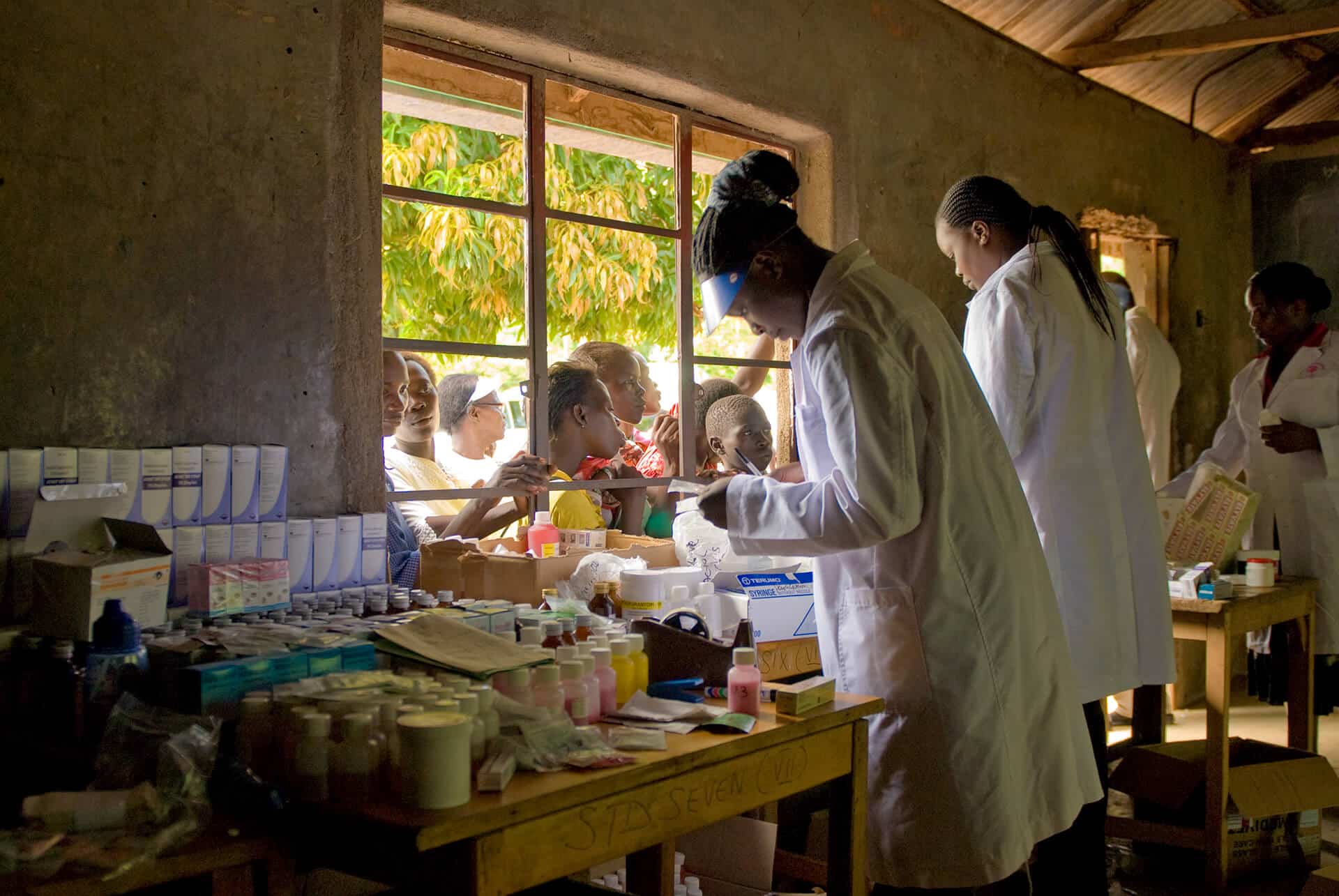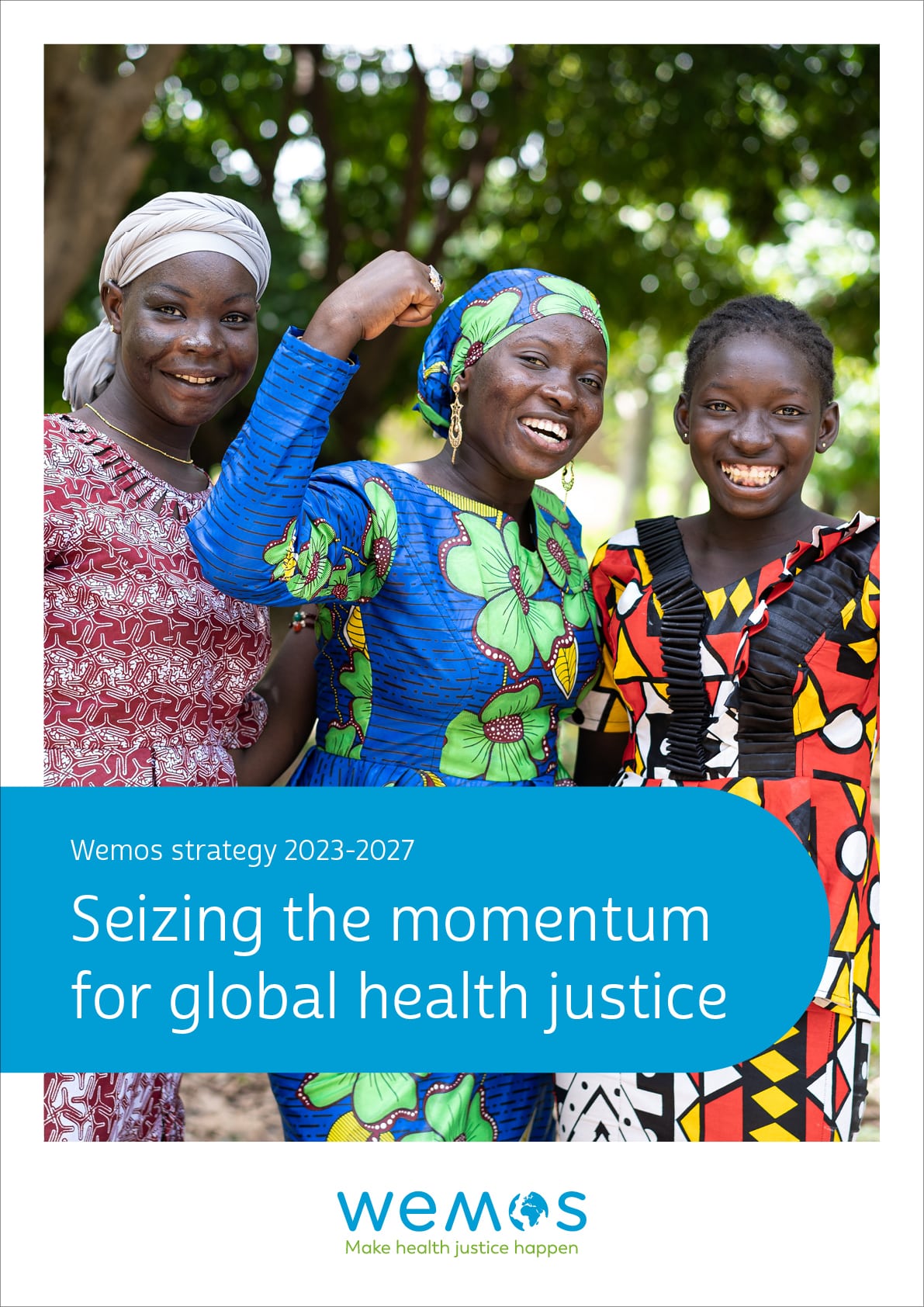Vision, mission and strategy
Our vision
Wemos envisions a world where we can all be as healthy as possible.
Our mission
We advocate structural change to achieve global health justice.
Global health justice
Health is everyone’s most valuable asset. It allows you to lead a pleasant life and have opportunities in, for example, education and work. A person’s health depends on many modifiable and non-modifiable factors. We cannot all have the same level of health, but you should be able to attain your full potential for health.
We are witnessing large, avoidable disparities in health between populations and parts of the world. A health equity approach recognizes that people have different circumstances and needs, and offers support that ensures equal opportunities for good health outcomes.
Global health justice looks beyond equity for individuals, aiming to create equity in systems as well. Health systems should be designed, funded and governed to effectively provide healthcare services, foster health promotion and address health security challenges. This leads to a world in which everyone can have optimal access to quality healthcare and be protected against health threats.
Our guiding principles
Health is a human right
As health is a fundamental need, it is established as a human right in international treaties. Governments are therefore responsible and accountable for ensuring the conditions to achieve optimal access for all to healthcare, as well as protection against health threats. It also means that public health interests must take precedence over political and economic interests.
Health justice means leaving no one behind
No one should be left behind. This is a central promise of the Sustainable Development Goals (SDGs). There should be no unfair, avoidable or remediable differences in health outcomes among different groups of people, whether they are defined socially, economically, demographically, geographically or, for example, in terms of sex, gender, ethnicity, ability or sexual orientation.
Health justice requires structural change
Creating resilient health systems and health policies that benefit everyone calls for structural change. This includes political, economic and social change, both within countries and globally. It also means that change is needed in laws and priority-setting, financing mechanisms and medical innovation models, and better ways to involve stakeholders in policy development. At the same time, policy coherence across government departments – as well as national and international governing bodies – is essential, to avoid policies conflicting with health interests.
Health justice is a shared responsibility
In our globalized world, the pursuit of equitable access for all to quality healthcare, and protection against health threats, is a shared responsibility – as well as a shared benefit. Many actors have a role to play: governments, international donors, multilateral institutions, civil society and communities. Inequity between countries and populations often has its roots in colonial history. That is why high-income countries in particular have a responsibility to support progress towards global health justice.
Our strategy for 2023-2027
You find previous strategy documents on this page.
Read more about how we work


